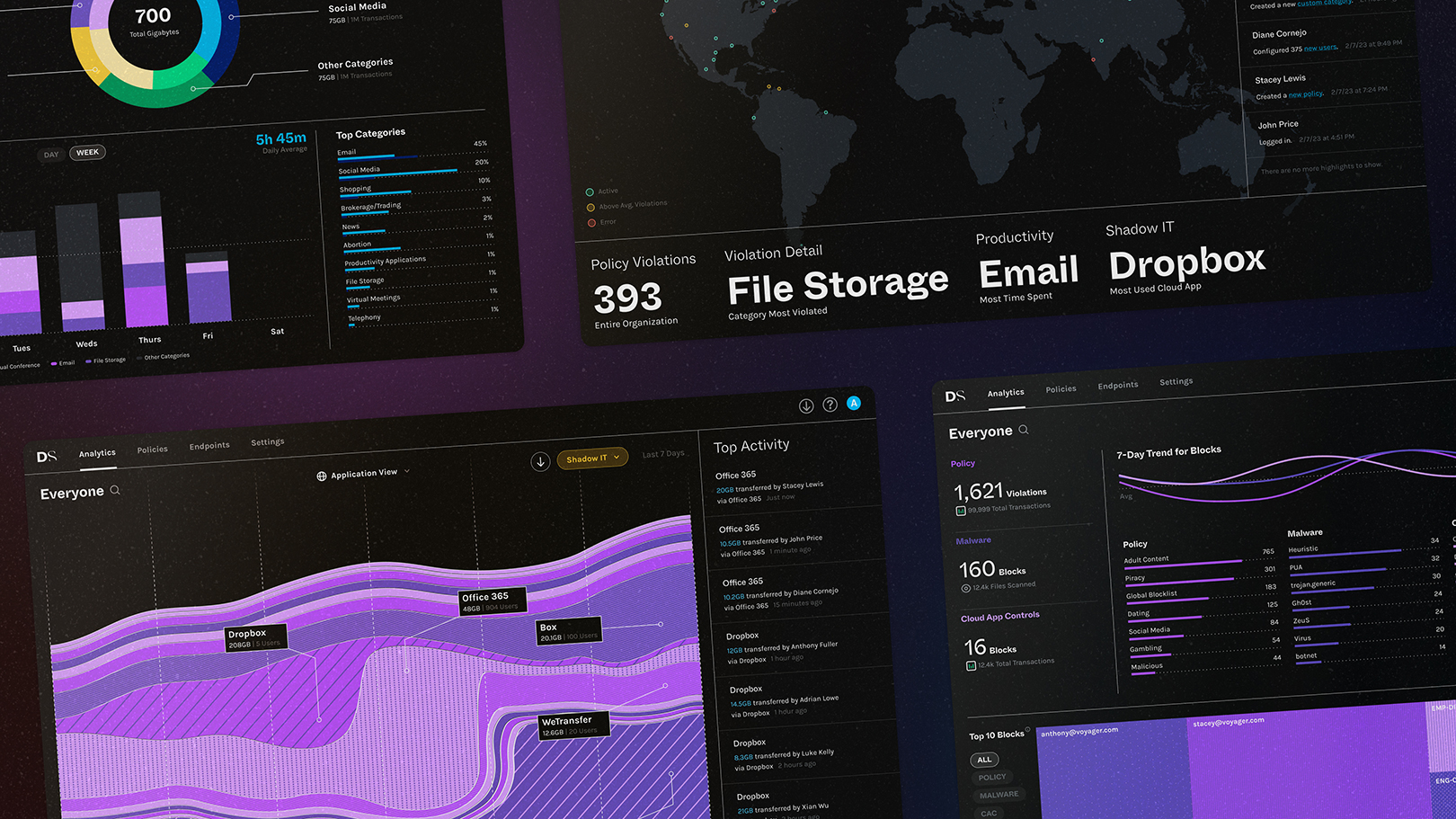dope.security: Modern Cybersecurity for a New Era
 GV General Partner Sangeen Zeb (left) with dope.security Founder & CEO Kunal Agarwal (right)
GV General Partner Sangeen Zeb (left) with dope.security Founder & CEO Kunal Agarwal (right)
In the past few years, we’ve seen significant disruptions to the traditional workplace and the tools that govern how work gets done. We’re now accustomed to easier borderless or cross-team collaboration — and there is a critical demand for ‘always-on’ services. This new mindset means there’s a pressing need for a more innovative, modern approach to security.
Secure Web Gateway (SWG) is the category for systems that enable cloud security; it allows your work computer to connect to a physical SWG box in your company’s data center that connects to the internet. That gateway would tell you whether a site was safe to visit. The most recent generation of SWGs offered a third-party box in the cloud, saving the cost of the box but still involving a third-party gateway — and stopovers in delivering data.
Enter Kunal Agarwal, who comes to the SWG market with a fresh and passionate point of view. He has spent his career operating in the multi-billion dollar SWG market, including roles at Symantec (bought Blue Coat) and Forcepoint (Websense). What Kunal learned at these companies informed the launch of dope.security — a transformative upstart that disrupts the SWG market with a modern approach, performing security directly on endpoints instead of routing traffic through stopover data centers. As he notes, “legacy SWG architecture wasn’t designed for the cloud or remote workforces. Yesterday’s approach doesn’t solve today’s problems.”
Dope’s streamlined process improves performance up to 4X, ensures that decrypted data never leaves your device, and improves reliability by eliminating external dependencies.

Today we’re thrilled to lead a $16 million Series A investment in dope.security and partner with Kunal and the team as they bring SWG security into the modern era. Dope has several game-changing advantages. First, it offers significant cost savings because there’s no need to build a considerable connection point infrastructure. Without that infrastructure requirement, Dope is significantly more reliable than older systems. Previously, if you were in Australia and the Sydney data center went down, that internet traffic was rerouted to Hong Kong and then back to Sydney. It took a long time because it goes through unnecessary stopovers. As Kunal (who has proven to be a marketing ace in addition to his technical skills) says, "It’s more dope to fly direct.”

Architecturally, Dope tackles a legacy approach by replacing it with something cheaper and faster. And since employees today are more likely to be distributed across locations, the old hub-and-spoke system architecture is no longer effective.
Then there’s the matter of user experience — something legacy security software isn’t known for. I learned from my time with Kunal that he profoundly understands what makes an incredible user experience and embraces the idea that even corporate security should feel like an app on your phone.
Dope looks and feels like a consumer application: it’s easy to sign up for, easy to deploy, easy to manage, and intuitive to use. The world is going this way across every sector, and Kunal is one of the few security experts who understand how to deliver an elegant and simple user experience in the security category. You can install dope.swg in under five minutes. Dope’s “direct” approach is the result of Kunal’s boldness, clarity, and product vision. We’re excited to join him and the Dope crew as they conquer new frontiers in cybersecurity.